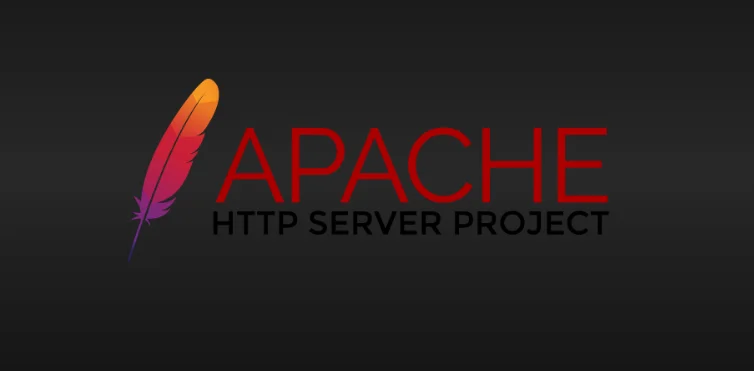Apache vs LiteSpeed: Servers Comparison for WordPress
Choosing the right web server is a critical decision for hosting a WordPress website, and two prominent contenders in this arena are LiteSpeed and Apache. Apache, a stalwart in the web server landscape, has long been synonymous with reliability and open-source accessibility. On the other hand, LiteSpeed has emerged as a dynamic challenger, celebrated for its exceptional performance and resource efficiency. As WordPress powers a substantial portion of the internet, the choice between LiteSpeed and Apache can significantly impact website speed, scalability, and user experience. In this comparison, we will explore the features, advantages, and disadvantages of both LiteSpeed and Apache to help guide the decision-making process for WordPress users seeking the optimal web server solution.
Apache:
- Apache HTTP Server, commonly referred to as Apache, is an open-source web server software maintained by the Apache Software Foundation.
- Apache has been a dominant force in the web server market for many years and is known for its stability and reliability.
- You can more read about Apache vs Nginx
Advantages of Apache:
- Apache is open-source, which means it’s free to use and has a large community of developers contributing to its improvement.
- Apache supports a wide range of modules, allowing users to customize and extend its functionality based on their requirements.
- Apache is platform-independent, making it suitable for various operating systems, including Linux, Windows, and macOS.
Disadvantages of Apache:
- While Apache is a reliable web server, its performance can sometimes lag behind when compared to other options, especially under high traffic loads.
- Apache can be resource-intensive, and it might require more memory to handle a large number of concurrent connections.
LiteSpeed:
- LiteSpeed Web Server (LSWS) is a high-performance, commercial web server developed by LiteSpeed Technologies.
- It is designed to be a drop-in replacement for Apache, providing better performance and efficiency.
Advantages of LiteSpeed:
- Performance: LiteSpeed is known for its exceptional performance. It is capable of serving static and dynamic content faster than Apache, making it a popular choice for high-traffic websites.
- Low Resource Usage: LiteSpeed is more resource-efficient than Apache, allowing it to handle more concurrent connections with lower server resource utilization.
- Compatibility with Apache Configurations: LiteSpeed is compatible with Apache configurations, making it easier for users to switch from Apache to LiteSpeed without significant modifications.
Disadvantages of LiteSpeed:
- Cost: LiteSpeed is a commercial product, and while it offers a free version with limited features, the full-featured version comes with a license cost. This can be a disadvantage for budget-conscious users.
Comparison between Apache vs LiteSpeed:
1. Performance: Apache: While Apache is reliable, it may struggle with high traffic loads, and its performance might not match that of LiteSpeed. LiteSpeed: LiteSpeed is specifically designed for high performance, and it excels in serving both static and dynamic content quickly.
2. Resource Usage: Apache: Apache can be resource-intensive, especially under heavy loads. LiteSpeed: LiteSpeed is known for its efficiency, utilizing fewer resources to handle the same or even higher numbers of concurrent connections.
3. Compatibility: Apache: Many websites are initially developed on Apache, and migrating to LiteSpeed is often seamless due to their compatibility. LiteSpeed: LiteSpeed is designed to be compatible with Apache configurations, making the transition smoother for users.
4. Configuration and Flexibility: Apache: Apache’s extensive module support provides a high level of customization and flexibility. LiteSpeed: LiteSpeed offers good flexibility, but Apache’s extensive module library gives it a slight edge in terms of customization options.
5. Licensing: Apache: Apache is open-source and free to use, making it a cost-effective option. LiteSpeed: LiteSpeed offers a free version with limited features, but the full-featured version requires a commercial license.
Conclusion:
Choosing between Apache and LiteSpeed depends on your specific needs and priorities. If performance and efficient resource usage are critical, LiteSpeed may be the preferred choice. However, if you prioritize an open-source solution with extensive module support, and cost is a significant factor, Apache could be the better option. Consider factors such as your website’s traffic, budget, and ease of migration when making your decision. It’s also worth noting that both web servers are capable of effectively hosting WordPress, so the final choice comes down to your specific requirements and preferences.



